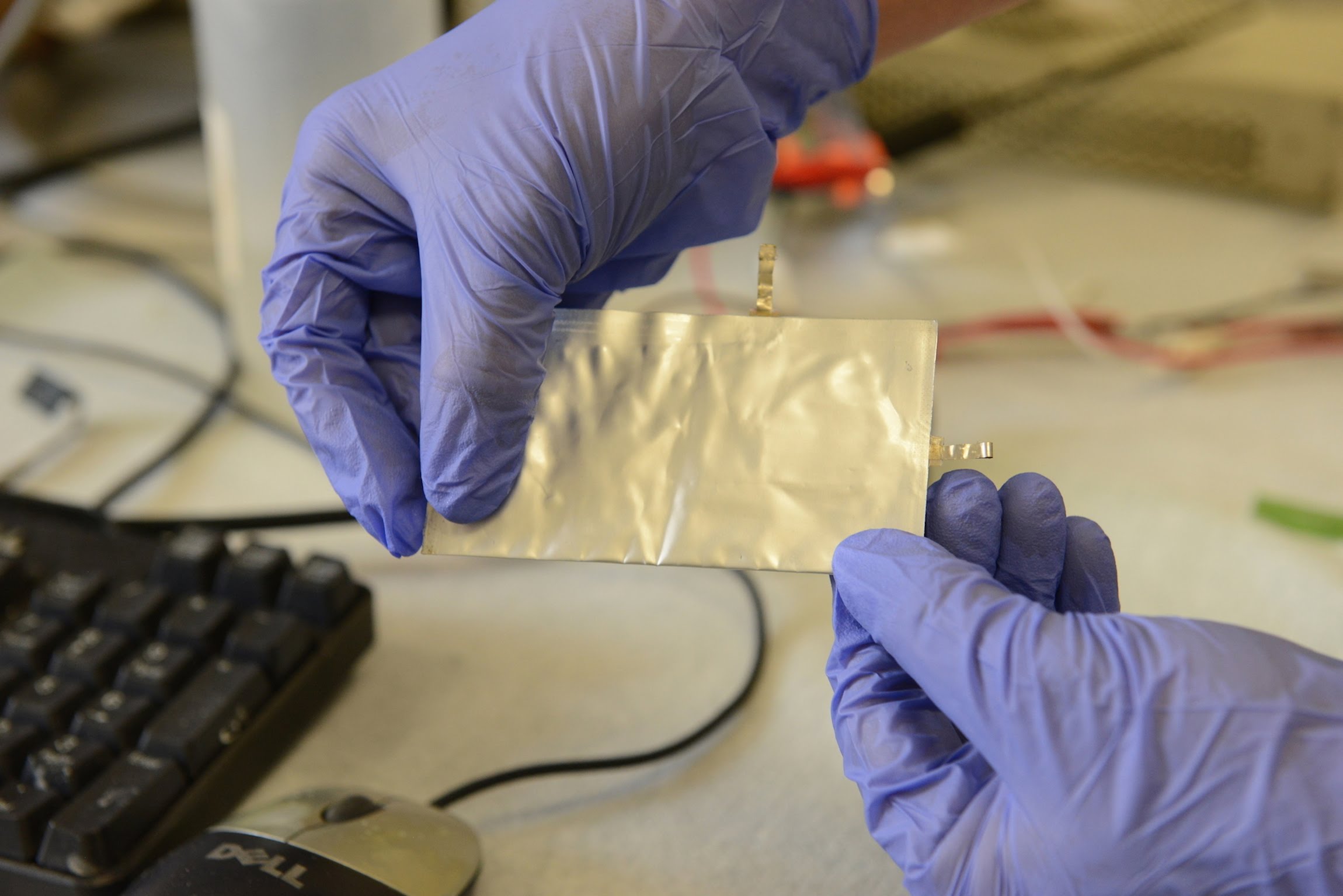
Scientists have developed potassium batteries usingbased on organic materials that have record stability, capacity, power, and are capable of being fully charged/discharged in a matter of seconds.
Currently widespreadgot lithium-ion batteries. However, due to the rapid development of electrical engineering and electric transport, as well as the limited reserves of Li and transition metals, a serious shortage of raw materials for their production will arise in the next 10 years. Therefore scientists all over the world are searching for effective alternatives from more common elements such as potassium, sodium and iron.
Researchers have achieved success in this direction.from Skoltech, who, together with colleagues from the Institute of Chemical Physics Problems of the Russian Academy of Sciences and the Ural Federal University, developed ultrafast potassium batteries based on organic polymers with high capacity.
To do this, they used a low-melting anodepotassium-sodium alloy (melting point -12.7 ˚C) deposited on carbon paper, and high-voltage organic cathodes made of redox-active polymers. The resulting battery samples can be fully charged/discharged in less than 10 seconds.
In this case, one of the polymer cathodes showedrecord energy intensity, and the second – stability: Capacity loss was only 11% after 10 thousand operating cycles. Batteries based on both materials also demonstrated high power levels, up to 100 kW/kg, which corresponds to the level of supercapacitors.
</p>




